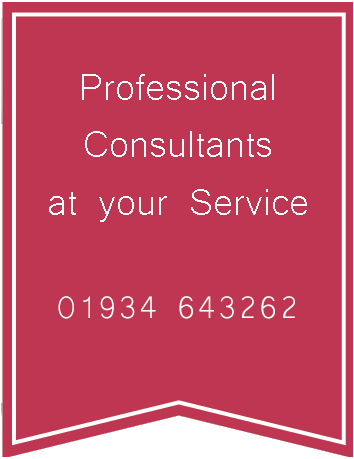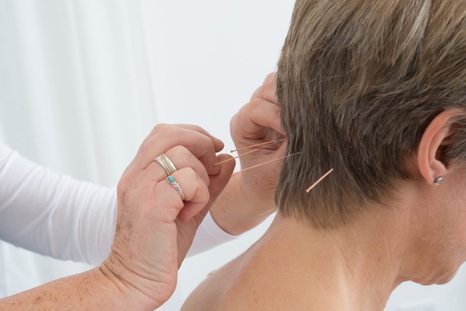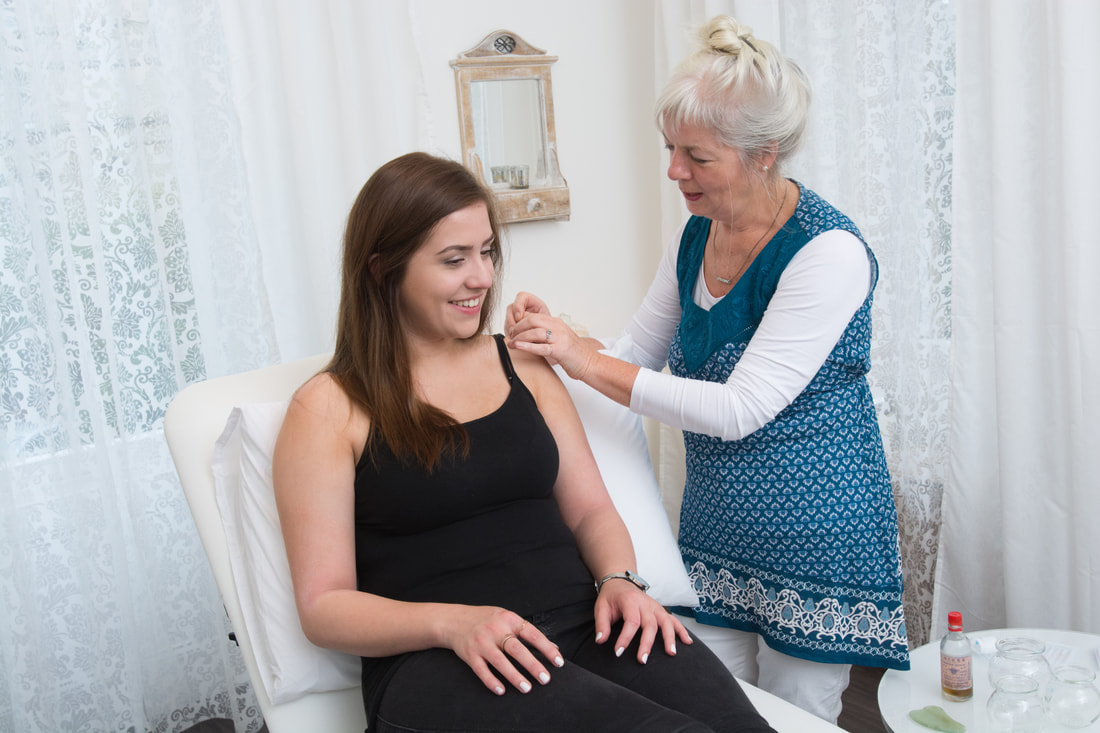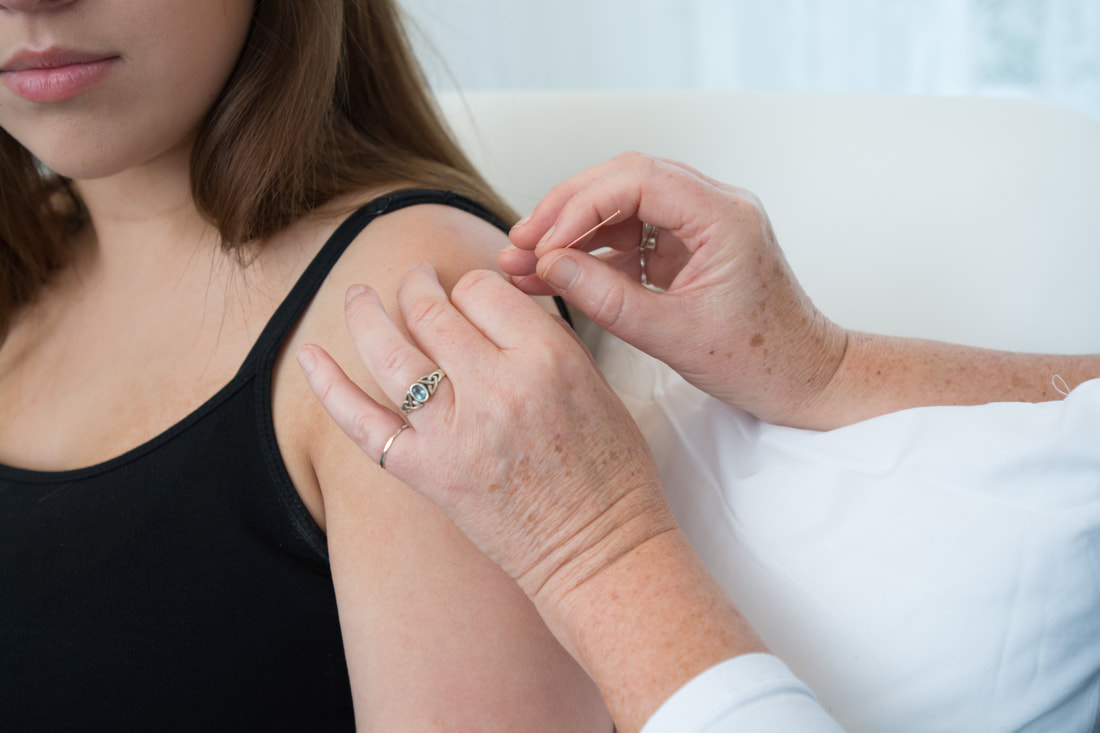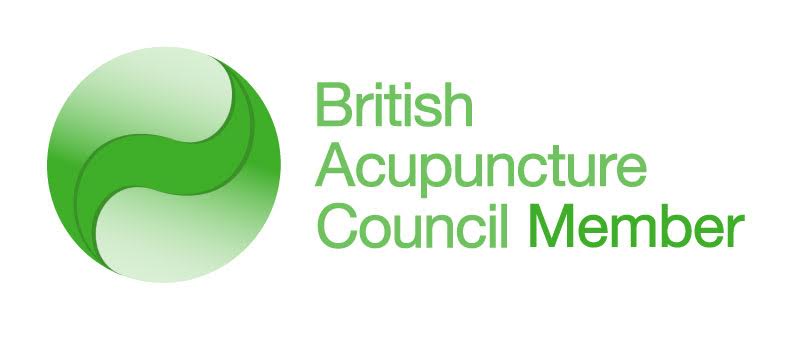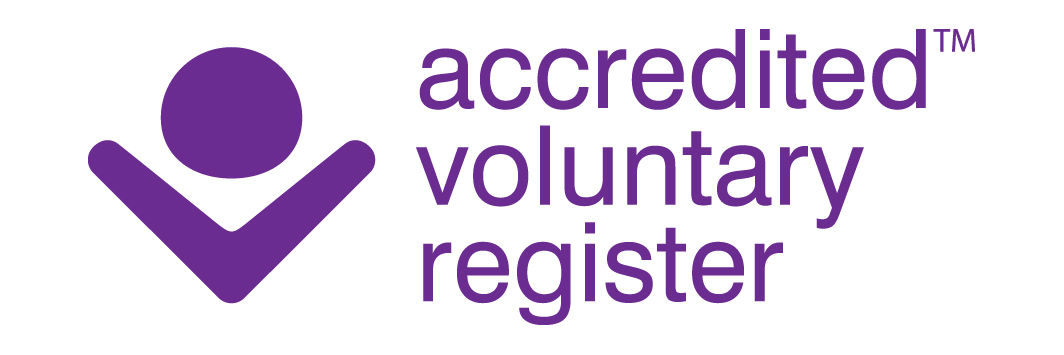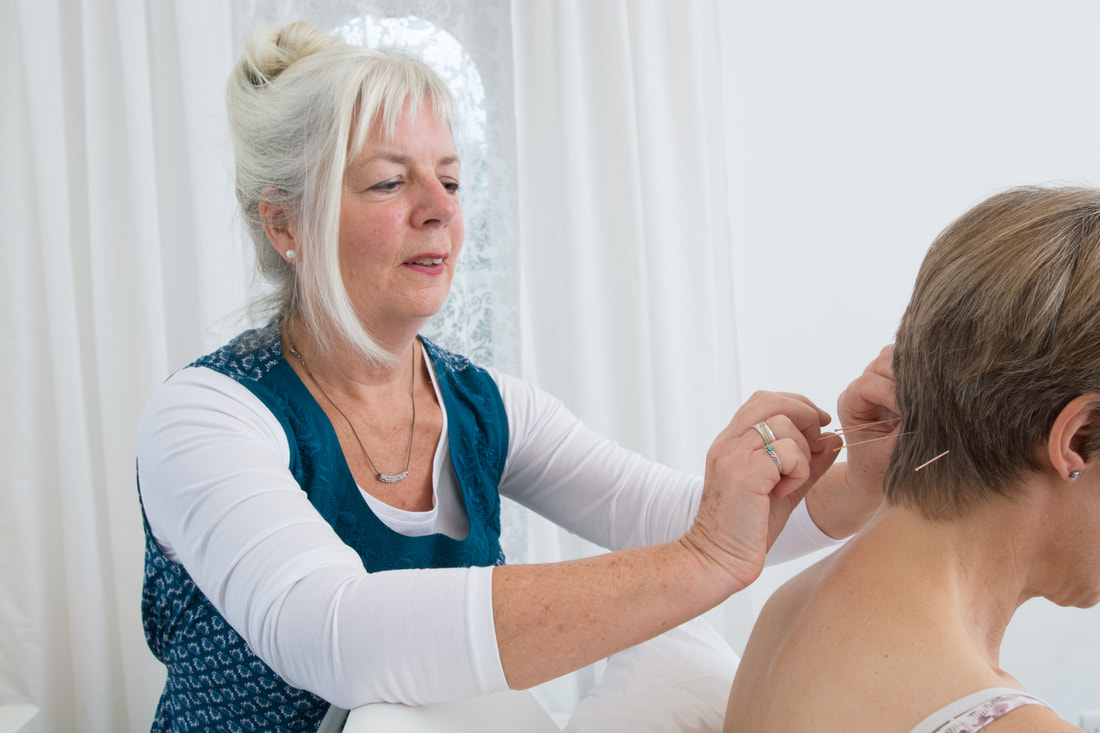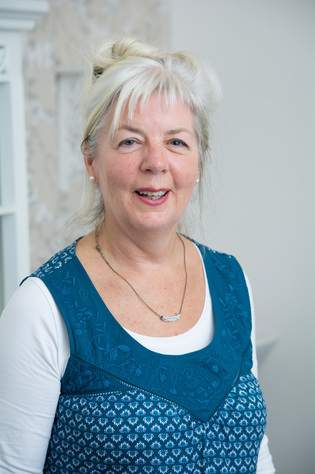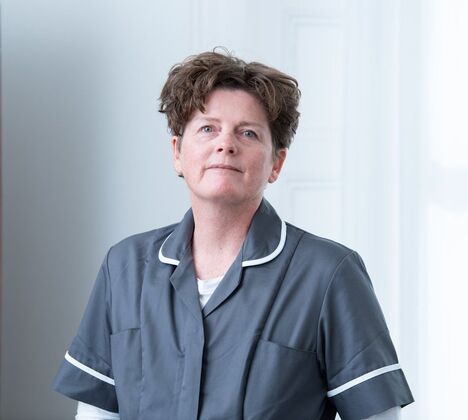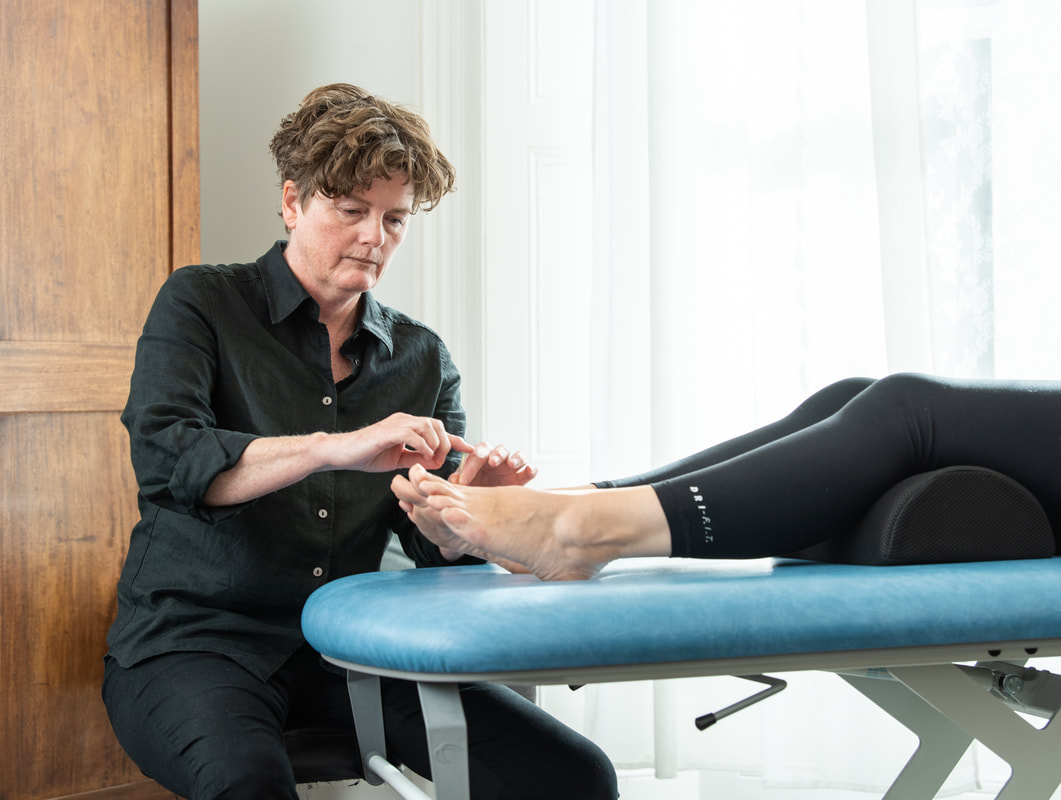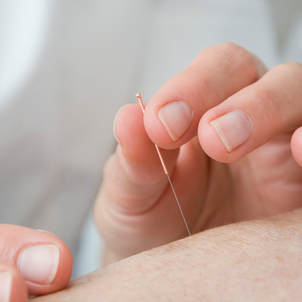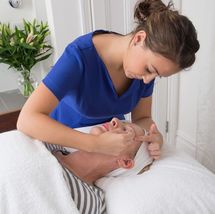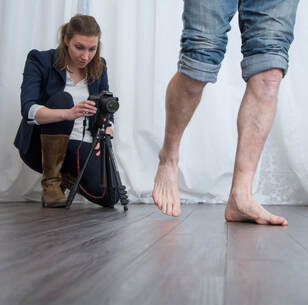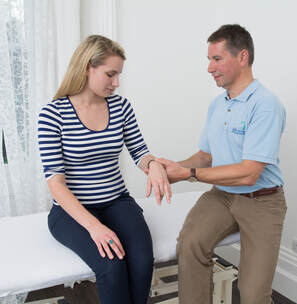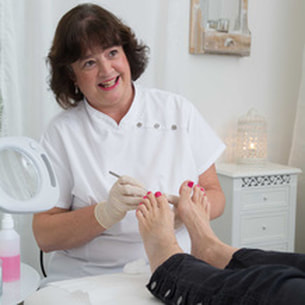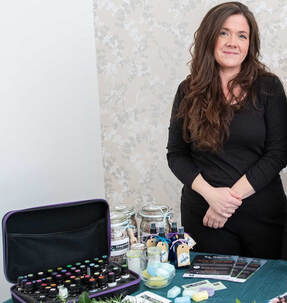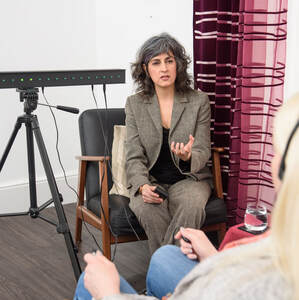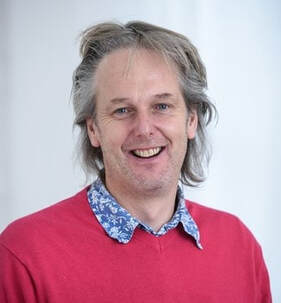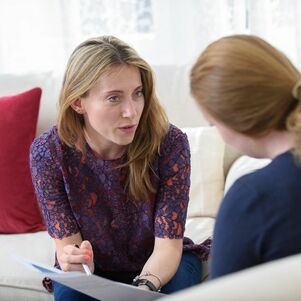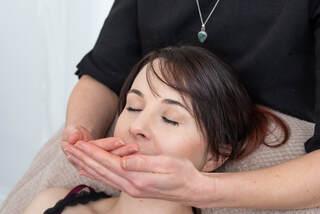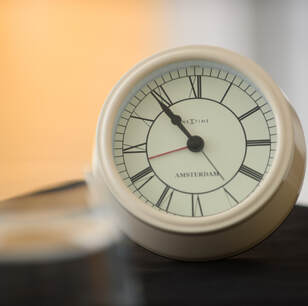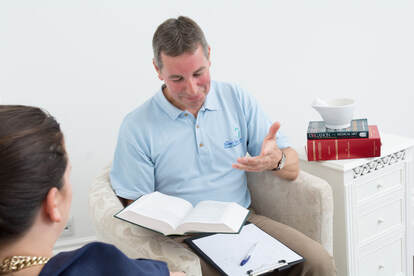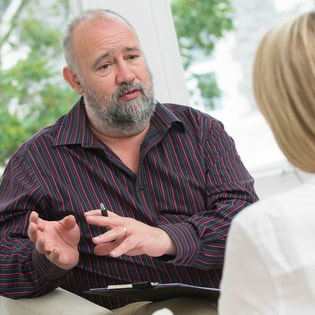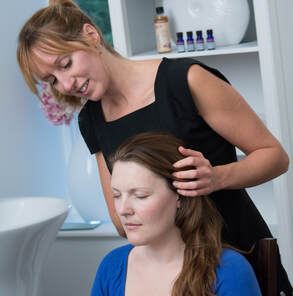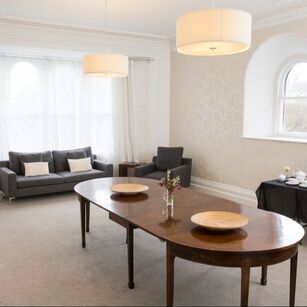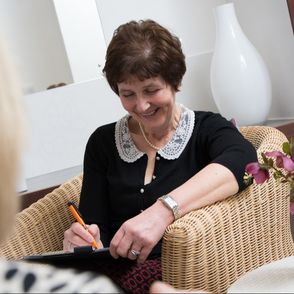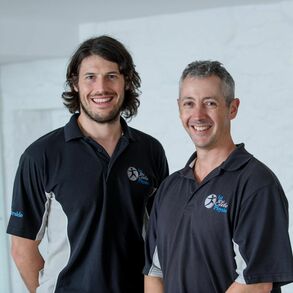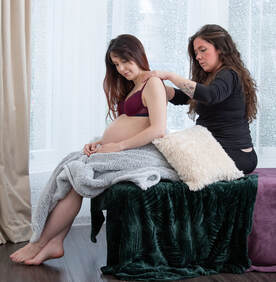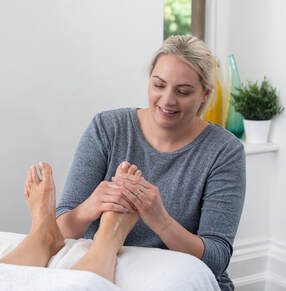ACUPUNCTURE
ABOUT ACUPUNCTURE
Acupuncture regulates the flow of Qi ('chee'), your body's vital energy, around your body through pathways called meridians. Recently medical scientists have described myofiscial pathways that follow the meridians recorded by early acupuncturists. Growing knowledge of how body cells communicate with each other may overlap with the concept of Qi.
Qi can be disturbed, depleted or blocked for reasons related to lifestyle or the environment and this can result in symptoms of pain, illness or a general feeling of being ill at ease. In some cases, traditional acupuncture can be effective in restoring the balance thus promoting physical and emotional harmony.
Treatment is aimed at the root cause of your condition as well as your main symptoms. This helps with resolving your problem and enhancing your feeling of well-being. Because acupuncture is designed to affect your whole body, you may find that other niggling problems also resolve as your main complaint improves.
COULD ACUPUNCTURE HELP ME?
Many people come to acupuncture for help with specific pain, for example, Osteoarthritis of the knee or headaches, or for more general health issues such as an overactive bladder. Some people use acupuncture because they feel generally unwell but have no conventional diagnosis, while others choose acupuncture as a preventative measure to help maintain good health or to improve their general sense of well- being. Some pregnant woman have acupuncture throughout their pregnancy. Acupuncture is considered suitable for all ages and can be used effectively alongside mainstream medicine. Many people return to acupuncture again and again because they find it relaxing and beneficial. For more information and the latest research please visit the British Acupuncture Council (BAcC) website: https://www.acupuncture.org.uk/
IS IT SAFE?
Acupuncture is one of the safest medical treatments on offer in the UK. Research studies in 2011 and 2012 conclude that treatment with properly trained and qualified acupuncturists carries an extremely low risk of an adverse event.
*British Medical Journal, 2001:323:467
Brendagh is a fully licensed and insured member of the British Acupuncture Council (BAcC) www.acupuncture.org.uk and working in accordance with their codes of Professional Conduct and Safe Practice. Dawn is a fully licensed and insured member of The Association of Acupuncture Clinicians. You may, therefore, be able to reclaim your treatment costs from your health insurance company. Please contact Cowan House reception for the current full list of private health insurers.
WHAT HAPPENS WHEN I COME FOR TREATMENT?
As Traditional Acupuncturists, our first step is always to connect with you as a person. We use a number of diagnostic methods to build a complete picture of your health and lifestyle. We will take a full medical history, read your pulses, look at your tongue and may examine the site of your symptoms. We will then develop your personal treatment plan. At follow up appointments we will combine your feedback with further observations and re-examine your pulse and tongue to continue your treatment.
Each acupuncture treatment involves the insertion of very fine, sterile needles into specific points in the body, sometimes for just a few seconds or sometimes retained for around 20 minutes. The combination of points used will be determined by your symptoms, general health and lifestyle. Single-use disposable needles that come in sealed packs are always used. They are much finer than those used for injections or blood tests when they are inserted, you may feel a gentle tingling sensation or a dull ache. This generally passes quite quickly and is often followed by a feeling of deep relaxation.
HOW MANY SESSIONS WILL I NEED?
During the Initial Consultation, we will suggest your treatment plan and what might work for you. The frequency and number of treatments will depend on your individual condition, but patients generally come weekly for an initial period of four to six weeks. In order to get the most benefit from acupuncture, it is best to allow for a series of treatments although occasionally just one or two treatments are sufficient. Patients often report unexpected additional benefits, such as better sleep or improved appetite, as well as improvements in their main complaint. Throughout the treatments, your acupuncturist will discuss your progress to ensure you are deriving benefit from the treatment.
HOW MUCH WILL IT COST?
To find out if acupuncture can help you, contact us to arrange a FREE 15 minute phone consultation with Dawn or Brendagh.
TECHNIQUES USED DURING TREATMENTS
In addition to needling acupuncture points, traditional acupuncturists use other Chinese medical techniques including:- Moxibustion: Heat is applied to an acupuncture point or channel using moxa, a therapeutic herb. This is usually combined with charcoal to reduce smoke production. The moxa warms and relaxes muscles and induces a smoother flow of Qi and Blood thereby relieving cold and alleviating pain.
- Cupping: The tradition of Chinese Medicine cupping dates back over 3,000 years, a vacuum cup is placed on the area to be treated and the suction draws up the skin. It can be left in one place or moved across an area. This is very effective in moving Qi and Blood in muscles and channels, which relieves pain. Cups can also be used to expel 'pathogenic factors' so it is useful when someone is coming down with a cold for example, as it can prevent the cold developing.
- Guasha: This is an ancient Chinese therapy where a smooth edged tool is scraped over the skin to increase the flow of Qi and Blood. It is often used on the neck and shoulder area to relieve tension, or down the thigh to receive sciatic pain.
ABOUT BRENDAGH
With over 25 years of experience, Brendagh has had notable success in treating a wide variety of conditions. She has particularly enjoyed assisting with fertility (male and female) and hormonal imbalances as well as treating musculo-skeletal problems (both acute and chronic).
Currently, she also works at Penny Brohn Cancer Care offering acupuncture support to people dealing with the side effects of active cancer treatment.
BRENDAGH'S CLINIC OPENING TIMES
Wednesdays 10am - 7.30pm
Thursdays 2.30pm - 5.30pm
BRENDAGH'S QUALIFICATIONS
Brendagh initially studied at the College of Traditional Acupuncture (CTA) as the time of Professor JR Worsley, and so is trained in the deep constitutional diagnosis of the Five Element style. Her later studies at the College of integrated Chinese Medicine (CICM) added syndrome and substance differentiation of Traditional Chinese Medicine (TCM). This enables her to be as adept at working with emotional development as with physical conditions of pain.
ABOUT JANE
In her clinic, Jane has seen patients with multiple presentations including:- Chronic Pain Conditions - Arthritis, Back, Shoulder and Neck Pain, Sciatica, Headaches and Migraine, TMJ, Joint and Muscle Pain.
- Autoimmune issues- Thyroid health
- Digestive Health - IBS, Acid Reflux, GERD, Abnormal Appetite, Constipation, Sinus, Throat Issues
- Long Covid
- Hay Fever
- Mental Health - Anxiety, Depression, Trauma, Insomnia
- Tinnitus
- Menopause and Menstrual Cycle Issues - Hot flushes, Night Sweats, Tiredness, Muscle Pains, Brain Fog and Memory Issues, Irregular and Painful Periods, PMS.
Patients often report in addition improvement in “other” or “secondary” issues as sessions continue.
Jane has held a variety of management roles in Education prior to moving to the West Country in 2012 when starting a family. She has always held a very firm interest in complementary
health, healthy eating and practises yoga, kettlebell training and qigong in her spare time.
JANES OPENING TIMES
Thursdays 9:30am - 2:30pm
Fridays 9:30am - 6:30pm
ABOUT DAWN
Dawns main areas of interest include:
Chronic Pain Conditions - Arthritis, Back and Neck Pain, Cancer Pain, Headaches.
Digestive Health - IBS, Acid Reflux, Abnormal Appetite, etc. Having previously trained as a nutritionist, Dawn has a keen interest in helping patients experiencing difficulties in this area.
Fibromyalgia and Chronic Fatigue.
Cancer Support - Alleviation of side effects of conventional treatments including fatigue, pain and nausea as well as emotional support.
Mental Health - Anxiety, Depression, Insomnia, Addictions.
DAWN'S CLINIC OPENING TIMES
Thursdays 8am - 3pm
Fridays 8am - 7pm
Saturday 8am - 2pm
Dawn is not currently available at the moment.
JANES QUALIFICATIONS
Jane is a Traditional Acupuncturist who graduated with a degree level Licentiate from The Acupuncture Academy , Leamington Spa she achieved a Distinction in her Licentiate where she undertook a final year project, looking at the efficacy of acupuncture in supporting patients with Osteoarthritis.
She also undertook a specialist short course in Chinese Dietary and Herbal Theory at The College of Integrated Chinese Medicine, Reading. She has completed and continues to undertake various postgraduate courses in areas as varied as Cancer care, Menopause, Musculo-skeletal problems and supporting Neurodiversity .
Prior to joining Cowan House, Jane worked in her own clinic in Portishead. Jane is a fully licensed and insured member of the
British Acupuncture Council (BAcC) www.acupuncture.org.uk and working in accordance with their codes of Professional Conduct and Safe Practice.
DAWN'S QUALIFICATION
Dawn is a Licensed Acupuncturist and holds a BSc (Hons) degree. She trained in both Traditional Chinese Medicine and Five Element Acupuncture. She has undertaken further training in Cancer Support, Fertility Acupuncture, Auricular Acupuncture and Cosmetic Acupuncture. She joined the team at Cowan House in May 2022.
Dawn spent twelve months volunteering in the Treatment Support Clinic at Penny Brohn Cancer Centre in Bristol where she based her research project on the results patients achieved using acupuncture alongside conventional cancer treatments, which were overwhelmingly positive.
Dawn is committed to doing her best for every client, working together to achieve a good result. As a member of the Association of Acupuncture Clinicians, she follows a strict Code of Conduct and is professionally insured.
*Like with all other services at Cowan House, we must implement a 24 hour cancellation policy. Therefore if you do need to cancel please ring reception on 01934 643262. If cancellation does not take place within the 24 hours prior to the appointment time, we will be unable to give a refund.
Cowan House
ACUPUNCTURE
|
Brendagh is a fully licensed and insured member of the British Acupuncture Council (BAcC) www.acupuncture.org.uk and working in accordance with their codes of Professional Conduct and Safe Practice. Dawn is a fully licensed and insured member of The Association of Acupuncture Clinicians. You may, therefore, be able to reclaim your treatment costs from your health insurance company. Please contact Cowan House reception for the current full list of private health insurers.
WHAT HAPPENS WHEN I COME FOR TREATMENT?As Traditional Acupuncturists, our first step is always to connect with you as a person. We use a number of diagnostic methods to build a complete picture of your health and lifestyle. We will take a full medical history, read your pulses, look at your tongue and may examine the site of your symptoms. We will then develop your personal treatment plan. At follow up appointments we will combine your feedback with further observations and re-examine your pulse and tongue to continue your treatment.
Each acupuncture treatment involves the insertion of very fine, sterile needles into specific points in the body, sometimes for just a few seconds or sometimes retained for around 20 minutes. The combination of points used will be determined by your symptoms, general health and lifestyle. Single-use disposable needles that come in sealed packs are always used. They are much finer than those used for injections or blood tests when they are inserted, you may feel a gentle tingling sensation or a dull ache. This generally passes quite quickly and is often followed by a feeling of deep relaxation. HOW MANY SESSIONS WILL I NEED?During the Initial Consultation, we will suggest your treatment plan and what might work for you. The frequency and number of treatments will depend on your individual condition, but patients generally come weekly for an initial period of four to six weeks. In order to get the most benefit from acupuncture, it is best to allow for a series of treatments although occasionally just one or two treatments are sufficient. Patients often report unexpected additional benefits, such as better sleep or improved appetite, as well as improvements in their main complaint. Throughout the treatments, your acupuncturist will discuss your progress to ensure you are deriving benefit from the treatment.
HOW MUCH WILL IT COST?To find out if acupuncture can help you, contact us to arrange a FREE 15 minute phone consultation with Dawn or Brendagh.
|
TECHNIQUES USED DURING TREATMENTS
In addition to needling acupuncture points, traditional acupuncturists use other Chinese medical techniques including:
- Moxibustion: Heat is applied to an acupuncture point or channel using moxa, a therapeutic herb. This is usually combined with charcoal to reduce smoke production. The moxa warms and relaxes muscles and induces a smoother flow of Qi and Blood thereby relieving cold and alleviating pain.
- Cupping: The tradition of Chinese Medicine cupping dates back over 3,000 years, a vacuum cup is placed on the area to be treated and the suction draws up the skin. It can be left in one place or moved across an area. This is very effective in moving Qi and Blood in muscles and channels, which relieves pain. Cups can also be used to expel 'pathogenic factors' so it is useful when someone is coming down with a cold for example, as it can prevent the cold developing.
- Guasha: This is an ancient Chinese therapy where a smooth edged tool is scraped over the skin to increase the flow of Qi and Blood. It is often used on the neck and shoulder area to relieve tension, or down the thigh to receive sciatic pain.
ABOUT BRENDAGHWith over 25 years of experience, Brendagh has had notable success in treating a wide variety of conditions. She has particularly enjoyed assisting with fertility (male and female) and hormonal imbalances as well as treating musculo-skeletal problems (both acute and chronic).
Currently, she also works at Penny Brohn Cancer Care offering acupuncture support to people dealing with the side effects of active cancer treatment. BRENDAGH'S CLINIC OPENING TIMESWednesdays 10am - 7.30pm
Thursdays 2.30pm - 5.30pm |
BRENDAGH'S QUALIFICATIONSBrendagh initially studied at the College of Traditional Acupuncture (CTA) as the time of Professor JR Worsley, and so is trained in the deep constitutional diagnosis of the Five Element style. Her later studies at the College of integrated Chinese Medicine (CICM) added syndrome and substance differentiation of Traditional Chinese Medicine (TCM). This enables her to be as adept at working with emotional development as with physical conditions of pain. |
ABOUT JANEIn her clinic, Jane has seen patients with multiple presentations including:
Jane has held a variety of management roles in Education prior to moving to the West Country in 2012 when starting a family. She has always held a very firm interest in complementary health, healthy eating and practises yoga, kettlebell training and qigong in her spare time. JANES OPENING TIMESThursdays 9:30am - 2:30pm
Fridays 9:30am - 6:30pm ABOUT DAWNDawns main areas of interest include:
Chronic Pain Conditions - Arthritis, Back and Neck Pain, Cancer Pain, Headaches. Digestive Health - IBS, Acid Reflux, Abnormal Appetite, etc. Having previously trained as a nutritionist, Dawn has a keen interest in helping patients experiencing difficulties in this area. Fibromyalgia and Chronic Fatigue. Cancer Support - Alleviation of side effects of conventional treatments including fatigue, pain and nausea as well as emotional support. Mental Health - Anxiety, Depression, Insomnia, Addictions. DAWN'S CLINIC OPENING TIMESThursdays 8am - 3pm
Fridays 8am - 7pm Saturday 8am - 2pm Dawn is not currently available at the moment. |
JANES QUALIFICATIONSJane is a Traditional Acupuncturist who graduated with a degree level Licentiate from The Acupuncture Academy , Leamington Spa she achieved a Distinction in her Licentiate where she undertook a final year project, looking at the efficacy of acupuncture in supporting patients with Osteoarthritis.
She also undertook a specialist short course in Chinese Dietary and Herbal Theory at The College of Integrated Chinese Medicine, Reading. She has completed and continues to undertake various postgraduate courses in areas as varied as Cancer care, Menopause, Musculo-skeletal problems and supporting Neurodiversity . Prior to joining Cowan House, Jane worked in her own clinic in Portishead. Jane is a fully licensed and insured member of the British Acupuncture Council (BAcC) www.acupuncture.org.uk and working in accordance with their codes of Professional Conduct and Safe Practice. DAWN'S QUALIFICATIONDawn is a Licensed Acupuncturist and holds a BSc (Hons) degree. She trained in both Traditional Chinese Medicine and Five Element Acupuncture. She has undertaken further training in Cancer Support, Fertility Acupuncture, Auricular Acupuncture and Cosmetic Acupuncture. She joined the team at Cowan House in May 2022.
Dawn spent twelve months volunteering in the Treatment Support Clinic at Penny Brohn Cancer Centre in Bristol where she based her research project on the results patients achieved using acupuncture alongside conventional cancer treatments, which were overwhelmingly positive. Dawn is committed to doing her best for every client, working together to achieve a good result. As a member of the Association of Acupuncture Clinicians, she follows a strict Code of Conduct and is professionally insured. |
*Like with all other services at Cowan House, we must implement a 24 hour cancellation policy. Therefore if you do need to cancel please ring reception on 01934 643262. If cancellation does not take place within the 24 hours prior to the appointment time, we will be unable to give a refund.

